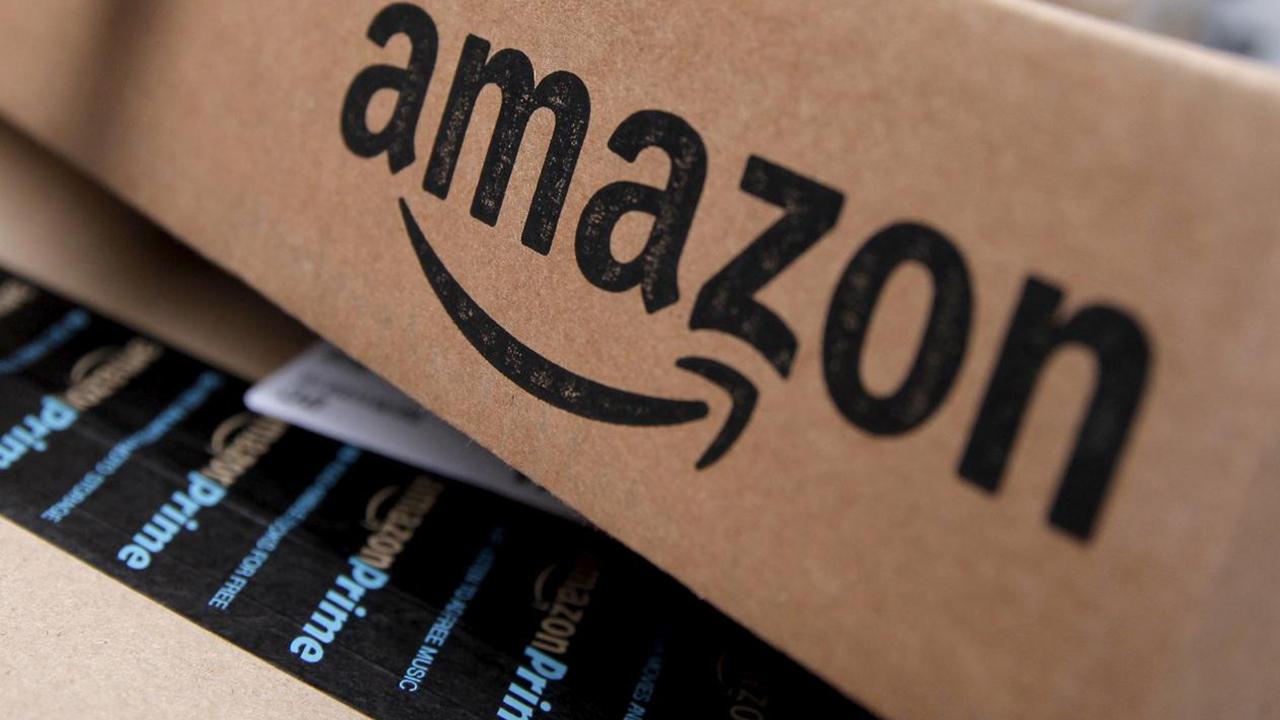Amazon's Bezos mans front loader at retailer's $1.5B air hub groundbreaking
Amazon CEO Jeff Bezos posted a video of himself behind the wheel of a tractor on Tuesday, as the e-commerce giant begins construction on a $1.5 billion cargo facility in Kentucky.
| Ticker | Security | Last | Change | Change % |
|---|---|---|---|---|
| AMZN | AMAZON.COM INC. | 210.32 | -12.37 | -5.55% |
The company is investing the money into a 3 million-square-foot “air hub,” located in the Cincinnati/Northern Kentucky International Airport, at which the company held a groundbreaking ceremony for on Tuesday. The project was first announced in 2017.
Amazon has a 50-year lease for about 900 acres at the airport – where it will handle its own shipping in order to cut costs and get packages to customers quicker.
“Amazon’s Prime Air hub promises to revolutionize the fulfillment industry worldwide,” Kentucky Gov. Matt Bevin said in a statement.
Bezos said on Tuesday that the company is going to move Prime shipping from two days to one.
Amazon is expected to lease 40 Boeing 767 planes, while the hub can support a fleet of more than 100 Prime Air cargo planes. About 2,000 people are expected to work at the new facility, which is scheduled to open in 2021.
Amazon’s investments are raising speculation that it could one day compete directly with other courier services such as UPS and FedEx.
| Ticker | Security | Last | Change | Change % |
|---|---|---|---|---|
| UPS | UNITED PARCEL SERVICE INC. | 117.34 | +0.79 | +0.68% |
| FDX | FEDEX CORP. | 369.23 | +5.27 | +1.45% |
The groundbreaking ceremony comes as the race for faster shipping heats up. Retail rival Walmart on Tuesday announced it will gradually begin to offer all online shoppers the option for free next-day delivery on orders of $35 or more.
CLICK HERE TO GET THE FOX BUSINESS APP
Moody’s analyst Charlie O’Shea wrote in a note on Tuesday that Walmart continues to have a “meaningful advantage” over Amazon in the form of 5,300 store locations.
"In addition to providing consumers with same-day availability via in-store pick up of online orders, these stores augment a world-class proprietary distribution network as they are also potential shipping points," O’Shea wrote.




















